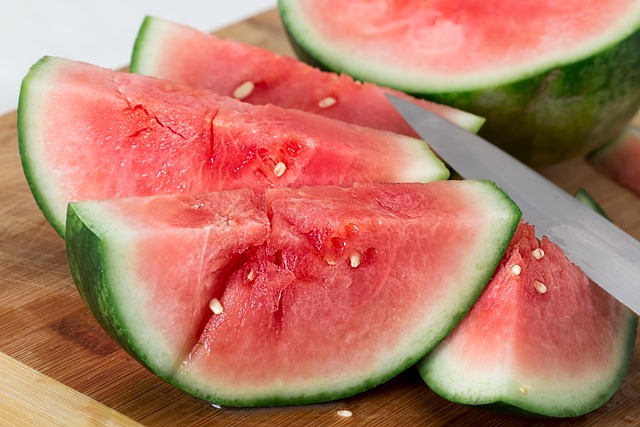Allergies can be a true menace for those who suffer from them. Sneezing, coughing, itchiness and even difficulty breathing are some of the symptoms that can make your day to day life miserable. If you’re one of the many people looking for a natural solution to allergies, it’s time to take a closer look at probiotics.
What are probiotics?
Probiotics are “good” bacteria that live in your body and in certain foods. They are known for their ability to promote healthy gut flora, which is essential for good digestion and overall health. Probiotics have also been shown to have a positive effect on the immune system, which has led researchers to investigate their potential for allergy relief.
How do probiotics help with allergies?
When you have an allergy, your immune system overreacts to a harmless substance, such as pollen, and releases histamines, which cause inflammation and other symptoms. Probiotics have been shown to strengthen the barrier between your gut and the rest of your body, which can help prevent allergens from entering your bloodstream and triggering an allergic reaction. Additionally, probiotics may help regulate the immune system, preventing it from overreacting to allergens.
What types of probiotics are best for allergies?
There are several different strains of probiotics, and not all of them have been studied for their allergy-fighting potential. However, there are a few strains that have shown promising results:
- Lactobacillus acidophilus: This probiotic strain is commonly found in yogurt and other fermented foods. Research suggests that it may be effective in reducing symptoms of seasonal allergies.
- Bifidobacterium lactis: This strain is often included in probiotic supplements, and has been shown to have anti-inflammatory effects.
- Lactobacillus rhamnosus: This strain has been studied for its effects on eczema and other allergic skin conditions.
How to get more probiotics into your diet
If you’re looking to incorporate more probiotics into your diet, there are several options:
- Eat fermented foods: Yogurt, kefir, kimchi, sauerkraut, and other fermented foods are all excellent sources of probiotics.
- Take a probiotic supplement: Probiotic supplements are widely available and come in many different forms, including capsules, tablets, and powders.
- Add a probiotic drink: kombucha and kefir are two popular probiotic drinks that can easily be added to your diet.
Other natural remedies for allergies
While probiotics show promise as a natural solution to allergies, they are not the only option. Other natural remedies that may help alleviate allergy symptoms include:
- Quercetin: This antioxidant may help reduce inflammation and prevent histamine release.
- Ginger: Ginger has natural anti-inflammatory properties and may help relieve allergy symptoms.
- Vitamin C: Vitamin C is a natural antihistamine and may help reduce allergy symptoms.
- Butterbur: This herb has been shown to have antihistamine effects and may help relieve allergy symptoms.
Conclusion
Probiotics offer a natural way to fight allergies by promoting healthy gut flora and regulating the immune system. While more research is needed to determine the best strains and doses of probiotics for allergy relief, incorporating more probiotic-rich foods and supplements into your diet may be a step in the right direction. And don’t forget about other natural remedies that can help alleviate allergy symptoms. By taking a holistic approach to allergy relief, you can live a happier, healthier, more comfortable life.







